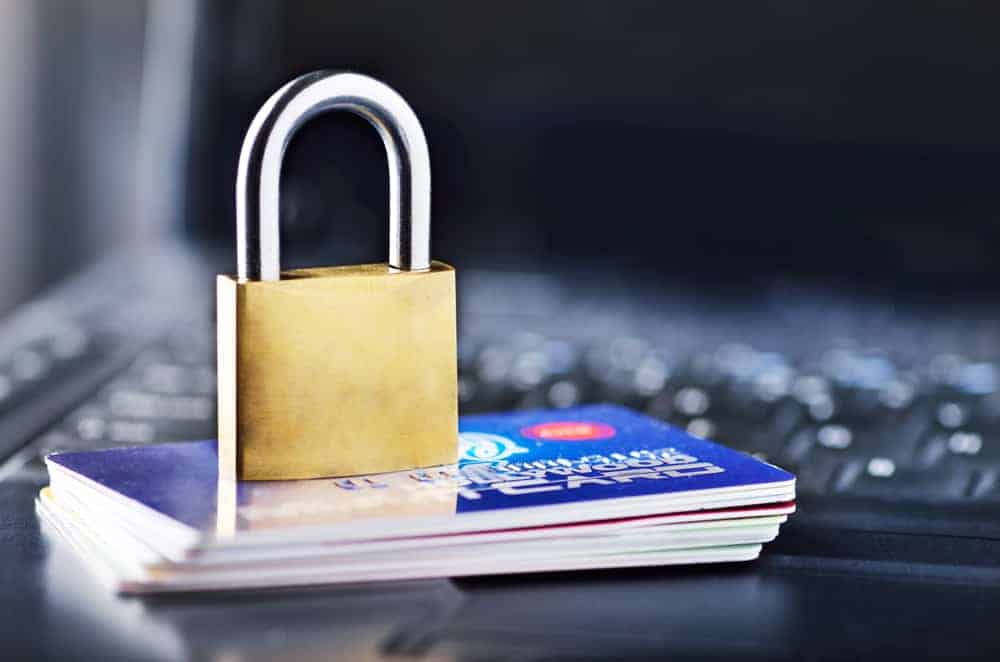When the time to close on a property is near, it’s important to know there are several actions you can take that could have an impact on the closing. Many of them are so seemingly innocuous and a part of everyday life, that the average buyer might never suspect they could inadvertently hurt their chances of getting the home of their dreams. Never fear; we’re here to uncover the things you should not do during the closing process—for the good of your credit and the good of your future property purchase.
1. Do not take a new job, quit your job or become self-employed.
When you change jobs it can result in a loan being denied, according to, “5 Things Not to Do During the Closing Process,” on www.linkedin.com. So if you are planning on take a job with a pay cut, changing professional fields, going out on your own or just quitting altogether, you might be in trouble. It turns out even if you have secured pre-approval, your lender may want to call your employer to verify employment before they issue the loan.
2. Do not lease a car/buy any large purchases such as a vehicle, appliances, furniture, etc. In fact, do not buy anything with a credit card or on layaway.
Need a new washer/dryer set? Now is not the time to buy it. Making a big purchase can delay your closing, according to www.thebalance.com, “Things a Buyer Should NOT Do Before Closing a Real Estate Sale.” Experts also caution against making a big purchase even if the sales associate promises to hold on entering it into the system until after your closing. Mistakes happen, and all it takes is for the information to get into their computer and your closing dreams could turn into a nightmare.
3. Don’t change your marital status.
It turns out, your marital status affects how you hold title. So if you are planning on getting married or divorced in the interim, you will want to make sure all parties, including the title company and your lender, know of the impending change and its timing.
4. Do not open or close any credit accounts.
Maybe you’re eager to clear up your credit. Or maybe you get a great credit card offer and want to take advantage of it to furnish your new home. Resist the temptation to do either. Pay off existing accounts only if your lender requests it. Don’t close any credit cards until after you close on your home purchase. And of course wait until after closing to open up any new credit cards or raise the limit on your existing cards.
5. Do not switch banks or move money.
Your lender will verify the money you have in the bank and elsewhere. Keep it right where it is until after closing, or you may encounter difficulty or delays.
Hold steady until closing
Research shows that people tend to increase their credit card spending by as much as three percent immediately prior to closing on a home, according to www.marketwatch.com, “What NOT to do when you’re closing on a home.” That, like many of the moves detailed here, can really complicate closing. Remember that your credit is monitored right up until closing, long after preapproval. So hold steady. Avoid big changes that could affect your credit score or finances in any way, and you can wake up on closing day with confidence.

